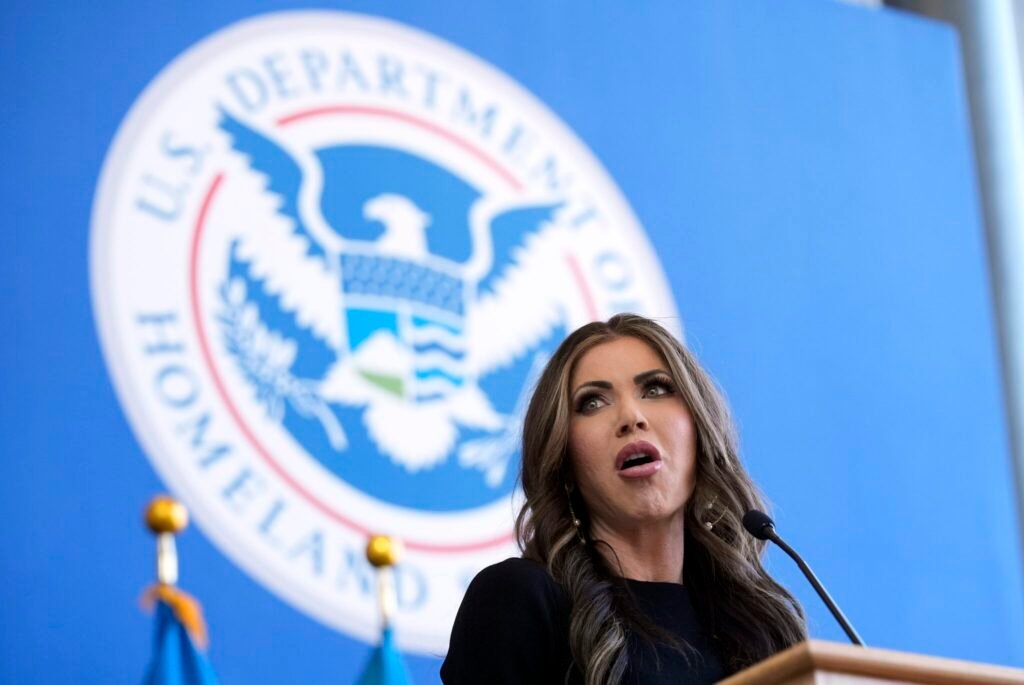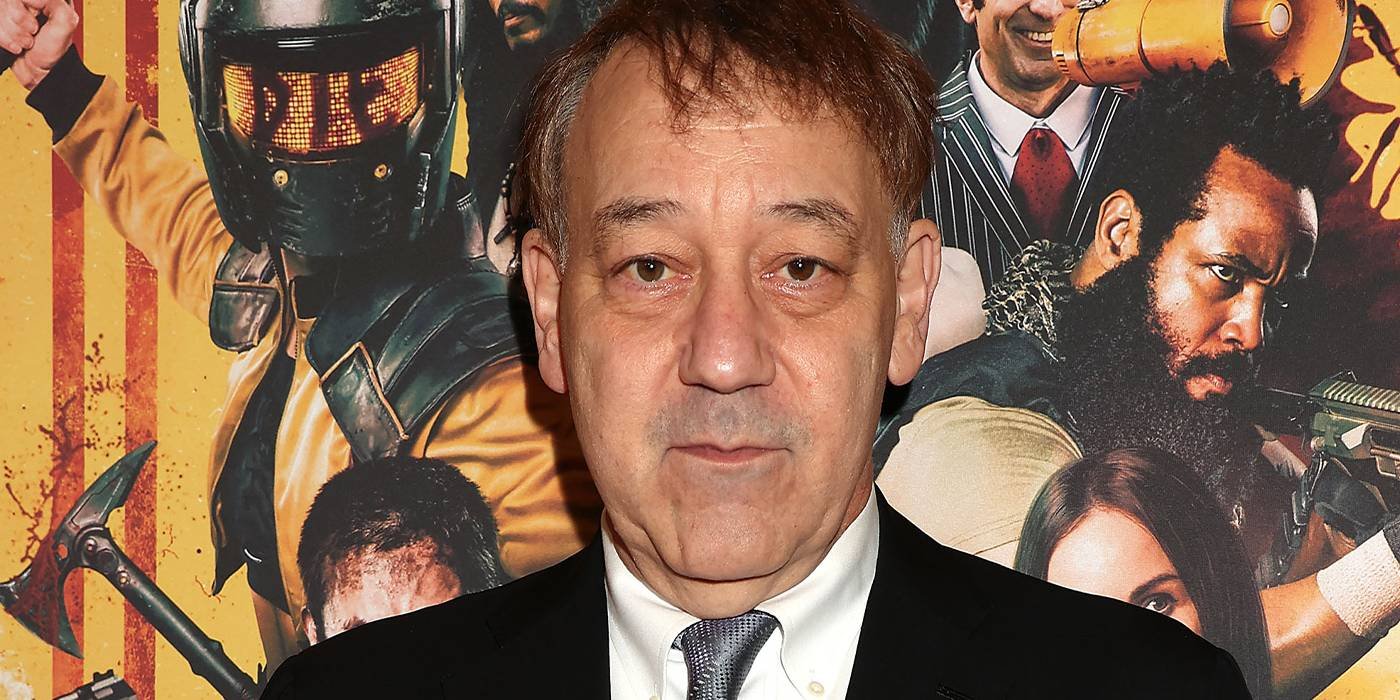Jimmy Fallon and the Late-Night Landscape
It’s safe to say Jimmy Fallon stands out. The lighthearted comedian at the helm of “The Tonight Show” seems to be the only late-night host who navigated the first Trump era without becoming unbearable—or completely alienating himself. In contrast, Stephen Colbert recently faced cancellation, a decision linked to low ratings and elevated production costs.
In a surprising twist on Thursday night, Fallon welcomed Fox News host Greg Gutfeld to his show. This unexpected pairing raised eyebrows, particularly because Gutfeld, a known conservative, typically finds himself in competition with Fallon. Most of Fallon’s audience leans liberal or identifies as Democrats, making the crossover feel a bit out of place. Gutfeld certainly reigns in late-night ratings. Yet, there was a hint of anticipation among viewers: would Fallon make any pointed remarks about Gutfeld’s support for polarizing figures like Donald Trump?
Surprisingly, the encounter turned out to be quite enjoyable. The two comics engaged in a light, entertaining discussion that avoided heavy political themes.
Liberal fans who were disheartened by Colbert’s departure might see Fallon’s interview as a tactic to appeal to conservative viewers. Some may even interpret it as a subtle way to poke at Trump by having one of Fox’s most prominent faces on camera. After all, many believe Colbert was let go due to his biting critiques of the former president.
I haven’t tuned into “The Tonight Show” solely because Fallon hosted a conservative guest, but I do have to appreciate his easygoing style. Throughout the 2016 election, Fallon hadn’t vilified Trump. Instead, he treated him like a regular guy, famously playfully tousling Trump’s hair in a light-hearted moment. Yet, not all viewers were pleased—many felt he wasn’t tough enough on “dangerous” political figures.
Interestingly, the backlash from Trump supporters cost Fallon about 20% of his audience. Meanwhile, Colbert thrived with his political commentary during that same period.
Fallon himself admitted in a 2018 interview that the criticism affected him significantly. He didn’t, however, beg for forgiveness or try to curry favor with sensitive viewers.
He reflected on the challenges of morale in an industry where backlash looms large. “It’s tough, you know? You just wonder how to navigate it all,” he said regarding cancel culture, describing it as a sort of online mob mentality.
Fallon isn’t cut from the same cloth as Colbert, Jimmy Kimmel, or other liberal celebrities who focus predominantly on Trump. He’s able to enjoy the antics of the Trump administration without becoming consumed by them, unlike some of his peers.
This split in perspectives leaves some liberals uncertain. They grapple with the idea of how to balance humor and political responsibility. It seems in 2025, being a liberal requires walking a tightrope—too silly, and you’re criticized; too serious, and you lose touch. Ultimately, Fallon represents a more relaxed approach, yet many aren’t ready to accept that kind of flexibility.
It’s unfortunate that Fallon faced his share of challenges over this. The backlash should prompt us to reconsider how we approach these conversations, regardless of our political affiliations.







